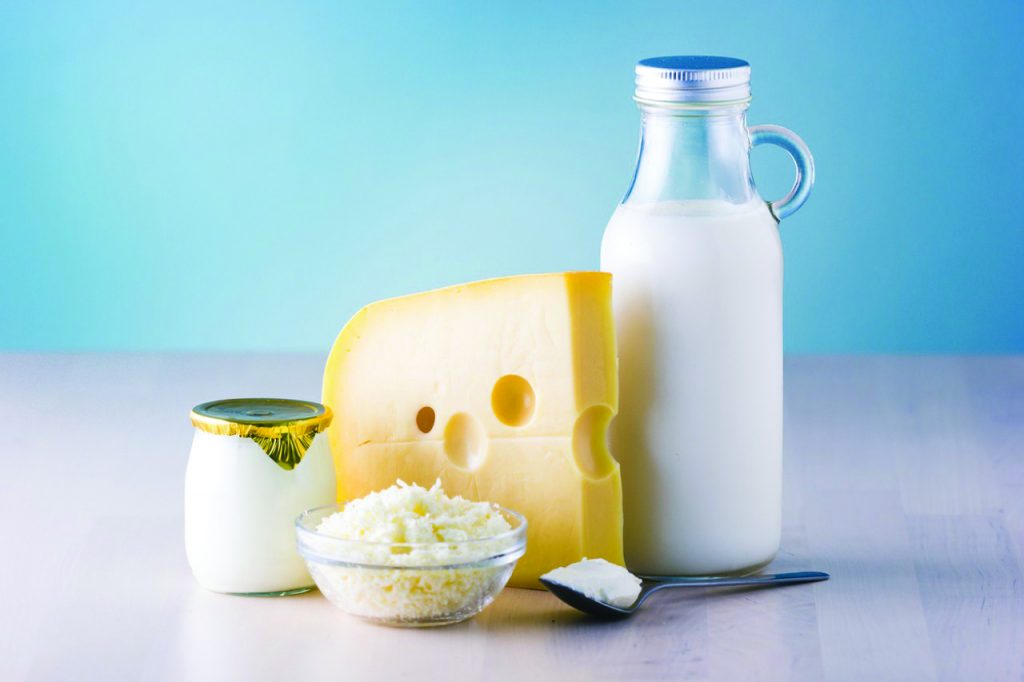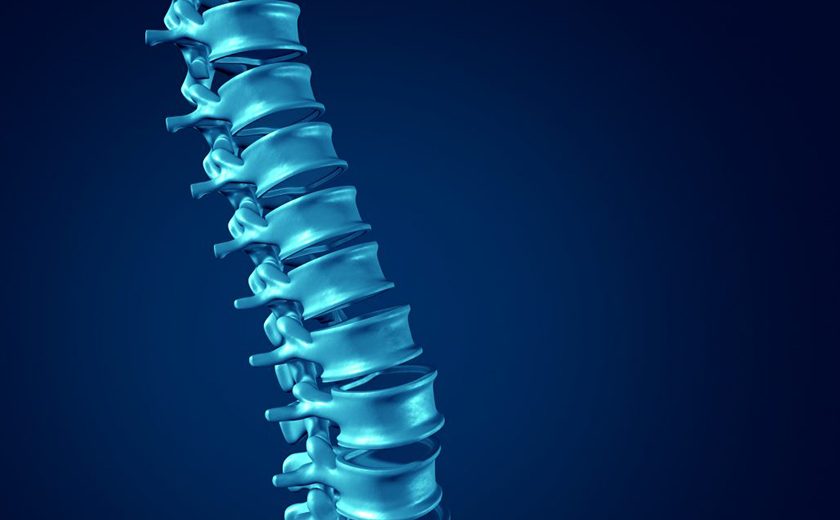Osteoporosis is a disease in which the density and quality of bone are reduced. As bones become more porous, the risk of fracture is greatly increased. The loss of bone occurs silently and progressively. Often it is a silent disease until fracture occurs.
Bones are living tissues. Our bones are at their most dense in our early 30s – this is known as peak bone mass. Throughout life, bones are in a dynamic state of formation as well as resorption. This is called bone remodelling. For people with osteoporosis, bone loss is more than the growth of new bone.
Who’s at risk of developing osteoporosis?
- Age above 50
- Female gender
- Family history of osteoporosis
- Post menopause
- Long term glucocorticoid therapy (steroid) use
Some modifiable lifestyle habit or activities can also contribute to developing osteoporosis:
- Alcohol
- Smoking
- Low body mass index
- Poor nutrition
- Vitamin D deficiency
- Insufficient exercise
- Low dietary calcium intake
Why calcium is an important component in preventing osteoporosis
Bone is a rigid structure that gives support and mobility to the vertebrate organism. It is mainly made up of an organic component like collagen and an inorganic part which consists of various salts. Calcium in the form of calcium phosphate gives the bone strength and rigidity.
Osteoporosis is a condition characterized by a reduction in bone mass ie. loss of protein and calcium in the bone. Therefore, it is important to maximize intake of calcium to ensure that peak bone mass is reached at around age 30 because after that bone mass tend to decline with age

Preventing osteoporosis and maintaining good bone health
Osteoporosis prevention should begin at a young age, with a diet rich in calcium and vitamin D along with plenty of exercise. This will help children achieve their highest possible ‘peak bone mass’. This is particularly true for women where early prevention is especially important. After menopause, bone loss occurs rapidly when the protective effect of estrogen is lost. Women who experience early menopause are therefore at higher risk of developing osteoporosis.
As an adult, there are many things you can do to help maintain healthy bones and to avoid bone loss. Making simple changes to your diet, exercising, and kicking bad lifestyle habits will not just help you prevent osteoporosis, but will also benefit your general well-being.
Important bone health tips:
- Try to ensure a healthy diet which includes enough calcium and protein.
- Get enough vitamin D – try to get some sun every day. Vitamin D is produced after exposure to sunlight. You can boost your vitamin D intake through some food like oily fish, eggs, mushrooms, and fortified dairy foods.
- Maintain a healthy body weight – being too thin is bad for your bone health.
- Keep active! Take up regular exercise like jogging and muscle strengthening workouts.
- Avoid smoking and heavy drinking.
- Most importantly everyone needs to be aware of their osteoporosis risk factors, and get an early diagnosis and treatment if needed.
 Article by:
Article by:
Dr. John Ooi Tzen Chuong
Specialist Orthopaedic & Trauma
Sri Kota Specialist Medical Centre


